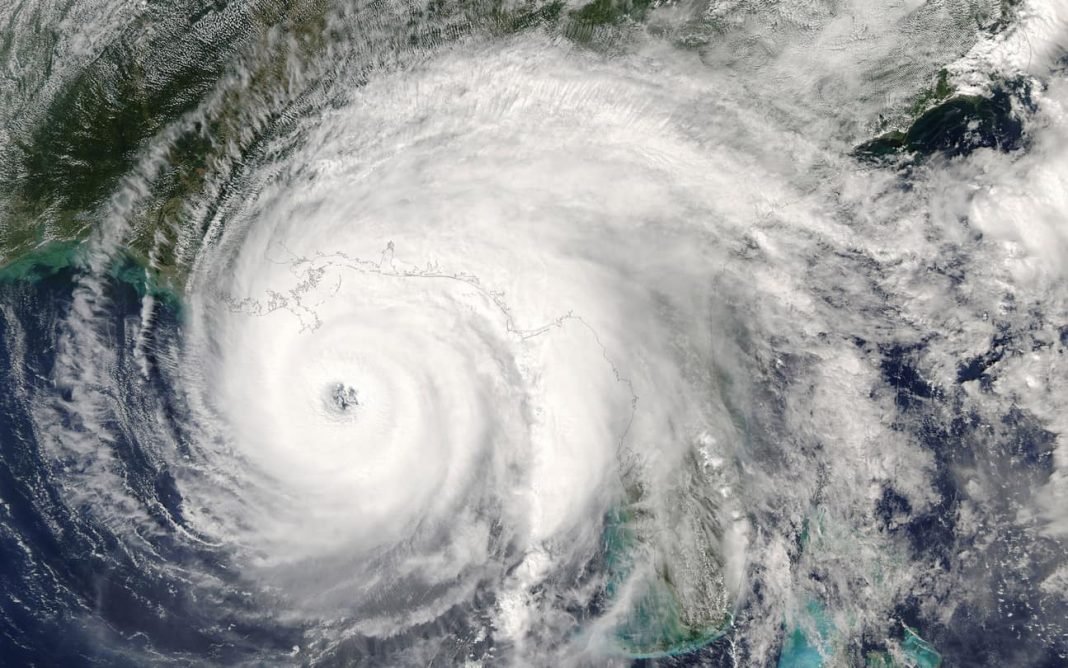The month of May brings many things to Southeast Texas! One that is foremost on our minds is the approaching hurricane season. Are you prepared? Are your pets prepared?
May 8, 2021 is National Animal Disaster Preparedness Day. Disasters happen everywhere and some are with no warning. Now is the time to put your plan together.
What is National Animal Disaster Preparedness Day?
After Hurricane Katrina when thousands of pets were abandoned and displaced, FEMA established National Animal Disaster Preparedness Day.
In the Houston area we were impacted deeply by Hurricane Harvey. Many of the lost and abandoned pets were brought to our area for care in pop up shelters. Many rescue organizations were involved in this operation. ASVT volunteers spent many hours each day helping with the animals.
What Else Does The Month Of May Bring?
In the rescue world the month of May also brings puppy and kitten season. So our fosters as well have to be prepared. Spring is raining puppies and ASVT is taking them, getting them vetted and adopted. This gives them a second chance for a wonderful life.
These are just a few of the puppies that have announced the arrival of Spring and some of our adult rescue dogs and cats available for adoption.
Are You Prepared?
Regardless if your pet is a puppy/kitten, adult or senior they depend on you to keep them safe.
Before a disaster strikes, it is necessary to be as prepared as possible.
Natural disasters are increasing in frequency and magnitude. Tornadoes are striking in new areas; hurricanes are making landfall at Category 3 or 4.
All animals are impacted by natural disasters regardless of their species or where they live. We are animal parents. We must take responsibility to reduce the impact of disasters on the animals we love by being vigilant of the threat that is possible.
Please take time to think about how you would evacuate your home with your pets, both small and large. Do you have a plan in place?
It is an unknown factor to know when or where the next disaster will hit, so being prepared is the best way to ensure your family and pets will be safe.
Emergencies come in many forms, and they may require anything from a brief absence from your home to permanent evacuation. Different disasters require different needs to keep your pets safe, so the best thing you can do is to be prepared.
How To Keep Your Pets Safe!
It is recommended to microchip your pet as a permanent form of identification.
What is a microchip? A microchip is a radio-frequency identification transponder that carries a unique identification number, and is roughly the size of a grain of rice. When the microchip is scanned by a vet or shelter, it transmits the ID number. A microchip is implanted under the skin in the animal’s shoulder area, and can be read by a scanner at most veterinary clinics and animal shelters. It’s not anymore invasive than a vaccination.
The microchip won’t do any good unless you register it with a national pet recovery database. When you register your pet’s microchip, enter all contact information. Include both landline and cell phone numbers for you and anyone else in your household who is responsible for your pets. In the event your contact information changes make sure to update with the registry also.
A few tips to get your pets prepared…
- Carry a photo of your pet or pets in the event you get separated.
- Ensure your pet’s ID tag or microchip has your current contact information.
- Display a pet rescue decal or sign on a window to alert first responders there are pets in the home.
- Be aware of your pets hiding places so you can find them faster during a disaster.
Arrange A Safe Place
Arrange a safe place for your pets in the event of evacuation. DO NOT LEAVE YOUR PETS BEHIND. Remember, if it isn’t safe for you, it isn’t safe for your pets. They may become trapped or escape and be exposed to numerous life-threatening hazards. Note that not all shelters accept pets, so it is imperative that you have determined where you will bring your pets ahead of time:
- Contact your veterinarian for a list of preferred boarding kennels and facilities.
- Ask your local animal shelter if they provide emergency shelter or foster care for pets.
- Identify hotels or motels outside of your immediate area that accept pets.
- Ask friends and relatives outside your immediate area if they would be willing to take in your pet.
ASVT will be working through the season to continue rescuing and saving abandoned and homeless animals. We are putting our plan to keep all our foster animals safe and hope you are doing the same.
KROGER PLUS CARD
Kroger grocery stores will donate a percentage of your purchases to ASVT. Every time you shop, be sure to use your Kroger Plus Card or Alt-ID at checkout.
Use the link below to sign in or create a Kroger account. When you edit your Kroger Community Rewards information, be sure to enter ASVTs NPO# HJ136. THANK YOU Kroger shoppers!
https://www.kroger.com/communityrewards
HOW CAN YOU HELP US HELP THEM?
ADOPT, SPONSOR, VOLUNTEER, FOSTER, DONATE!
You can visit our website to sign up to volunteer and/or foster and donate using our DONATE button. Donations help us pay for medical expenses, food, supplies and transporting animals to areas with high adoption needs.
ASVT also sponsors a Spay/Neuter Program for community animals whose owners cannot afford to have their pets altered. This helps decrease the rise of community puppies and kittens that will end up in the shelters.
The accomplishments of ASVT would not be possible without partners like Wiesner Automotive, Empire Electric, Ransom’s Steakhouse, Animal Hospital of Montgomery, Bruce and Toni Sellers, Dock Line Magazine and so many more.















